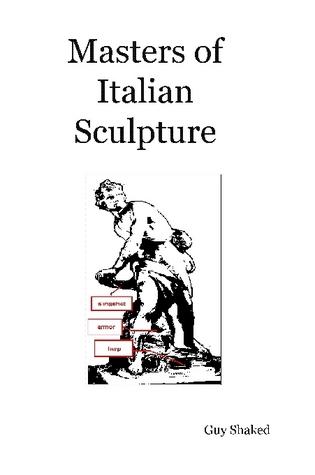
==================================================

by Guy Shaked
Keywords: Antigone, Sigmund Freud, Hamartia, Hubris, Oedipus, Psycholgy, Shaked
The most famous psychological motivation which has roots in Greek literature is perhaps Freud's Oedipus complex.
According to the complex the child, at an early age, desires his mother and resents his father. This occurs at the end of the oral stage, at which the child transfers his desire from the breast to the mother.
This complex is then kept repressed in the adult in the unconscious level to be manifested in dreams and art and literature.
The source of the complex is described by Freud which wrote of "the Greek legend of King Oedipus" [1]. His idea is perhaps based on Jocasta's words in the play: "how oft it chances that in dreams a man has wed his mother"
According to such an interpretation the adult Oedipus which is totally unaware of his acts to kill his father and marry his mother represents every sane adult who is unaware of his such desires (since they are repressed in his subconscious).
Yet, there must be a shadow of doubt whether this complex was held by the Greeks as a central motivation of human behavior as Freud would have it. Because, it is displayed in only one play out of many others.
This article claims that in fact, another main and not hidden (at all) psychological motivation is at the center of many plays.
For, Aristotle mentiones hamartia (translated by some as missing the mark) as the reason for the main character's downfall in tragedy [2]. This hamartia is related to a characters "hubris" - excessive pride, as a person who keeps missing the mark (harmatia) and continues shooting is obviously suffering from accesive pride (hubris).
From this one can deduce that pride can lead a tragic hero or the regular man to his downfall.
According to such explanation, Oedipus is the victim of his excessive pride (hubris) rather than simply fate as was said prophetically by the Oracle. For it is for his pride (against Laius) that he kills the old man.
It could be claimed that his unnecessary killing of another human being and his marriage (of previously married woman) show his defiance or disbelief in the Oracle of Apollo and the Gods (an act of pride against the gods and their words). For if he had believed it he could have refrained from killing anyone and marrying anyone to prevent the horrible oracle from fulfillment.
As another example, Antigone in ancient Greek society demonstrates in her actions a great amount of pride.
For in ancient Greek society a woman's place is not to play a role outside her home. Antigone is filled with pride - thinking she (justly or not) knows best - better than her male elder relatives, better than the laws of the city-state (polis).
Furthermore, the main tragic hero in Antigone is actually Creon and not Antigone being a noble ruler of the polis. It is in her taking the main stage from Creon and most of the text in the play that Antigone is again stepping out of her place in Greek society and art and showing much pride (to present herself on Greek stage at its center).
* *
Once pride is accepted as the main Greek human psychological motivation causing downfall in tragedy it can also be applied to explain modern human actions and phenomena (and even actions of masses and not just individuals).
For example the extreme Islamic movement to destroy the west can be understood as an attempt on their part to regain their pride as a cultural religious group which in the past was equivalent to Christian world and today is in an inferior position to it (economically and technologically).
Similarly, the new "leftist" antisemitism analyzed by the French philosopher Alain Finkielkraut can be explained as the young Europeans way to hold their image proudly by blaming the modern Jews as being Nazi-like. [3] In this manner they need not apologize before the modern Jew for their cultural past crimes and sins against his culture, and so they can stand high and proud. [4]
 Read more of Guy's work in the book: Masters of Italian Sculpture
Read more of Guy's work in the book: Masters of Italian Sculpture
==================================================
[1] Sigmund Freud, The Complete Introductory Lectures on Psychoanalysis: Twenty-First Lecture, Allen & Unwin, 1971
[2] Aristotle, Poetics: Chapter Thirteen
[3] See: www.geocities.com/vienna/choir/4792/antisemitism.html
[4] The European hate for the Americans and finding faults in them can be explained in a similar fashion. For, in this manner the Europeans can avoid the need to endlessly thank the Americans for rescuing them in WW2 from Nazism. So that the modern European can be proud and even feel superior in their interactions with modern day Americans.
Dear visitor, please take a short moment to sign my guest book!
----------------------------------------------------------------

© 2004
shakedtg@hotmail.com : Emails are
gladly received
Other articles by G. Shaked:
ART -
BIBLICAL STUDIES -
BIOLOGY
-
CINEMA -
LITERATURE
-
MUSIC -
PHILOSOPHY
-
PHYSICS
(ACOUSTICS)